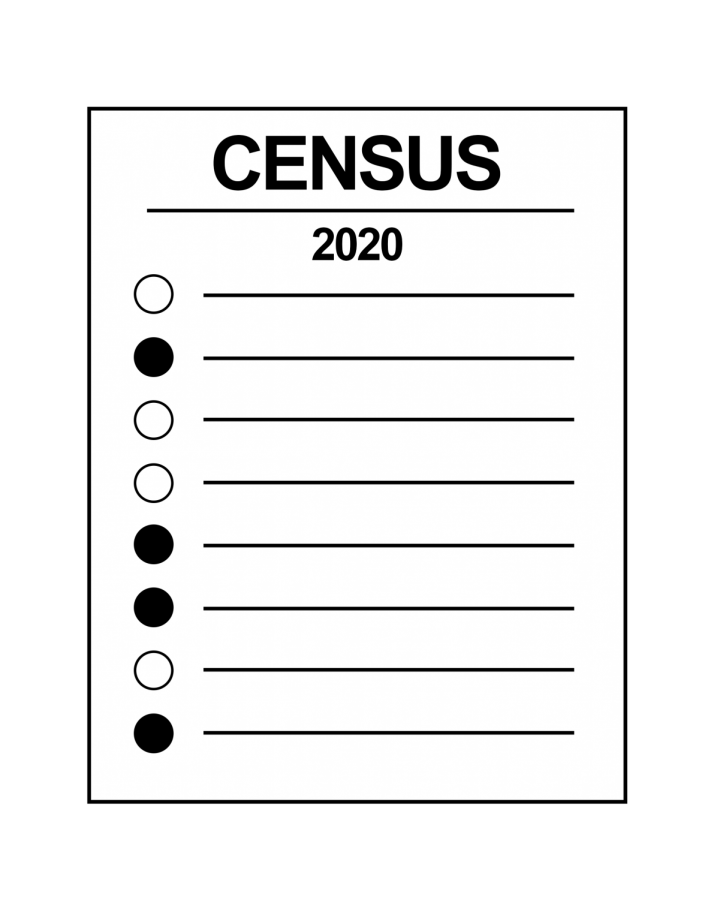Proposed census question takes aim at immigrants
April 5, 2018
The census has been the catalyst of American public policy for centuries. The census is the most authoritative source of U.S. data and is used in numerous democratic and economic functions, such as determining the number of seats each state has in the House of Representatives, and how billions of federal funds are distributed among communities. Therefore, it is crucial that the data is accurate.
Despite technological advances that have limited skewness and increased accuracy, the census count has become significantly more complicated. For one, there were only 4 million residents when the first U.S. census was conducted in 1790, while today there are nearly 330 million. And those with limited access to resources such as the homeless, non-English speakers, or those who live in isolated regions, are challenging to reach and expensive to count.
Thus, the Trump administration’s proposal to add a mandatory question about one’s citizenship in the 2020 census has raised controversy. The Trump administration justifies the question by arguing that it will better enforce the Voting Rights Act (which depends on accurate estimates of eligible populations) and that it is simply reinstating a question that has been included in every census besides 2010. Yet, this is not necessarily true. Although there have been numerous versions of citizenship questions during periods of particularly high immigration, the question was made optional in 1960 and was instead added to the American Community Survey (an annual survey that only collects data from a fraction of the population) in 2000.
Critics argue that the question is an overt attempt to exclude immigrants. The change would directly violate the Constitution, which specifies that all inhabitants, not necessarily citizens, must be counted. The question will in turn discourage participation among non-U.S. citizens and even legal immigrants, as they may be skeptical of the Trump administration’s true intentions or fear the administration will use the information to harm their communities or aid in their deportation.
This data will be highly skewed and risk broadening the already present economic and political inequality between immigrants and citizens, as it will likely lead to a decrease in funding in predominantly Democratic areas (where there are larger immigrant populations) and allow for congressional districts to be drawn solely based on citizen populations.
As of this week, 17 states and seven cities have vowed to sue to block the Trump administration from adding the citizenship question to the 2020 census. Therefore it is unlikely that this question will be added. But the question raises larger inquiries about the future place of immigrants in our country, particularly in regards to the Trump administration’s immigration and refugee policy. Is this foreshadowing another travel ban? Or perhaps will Trump seek to dismantle DACA yet again? It is too early to tell.






















